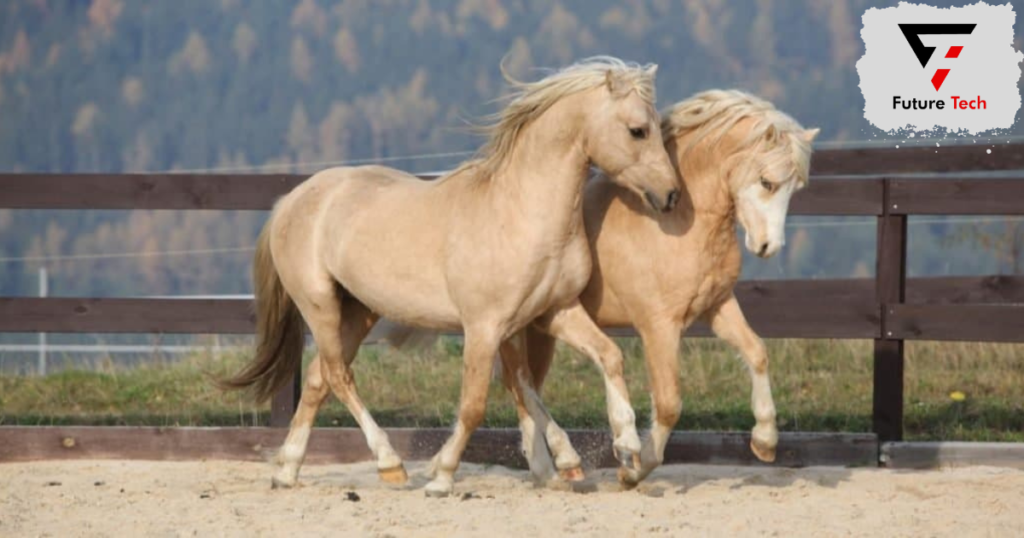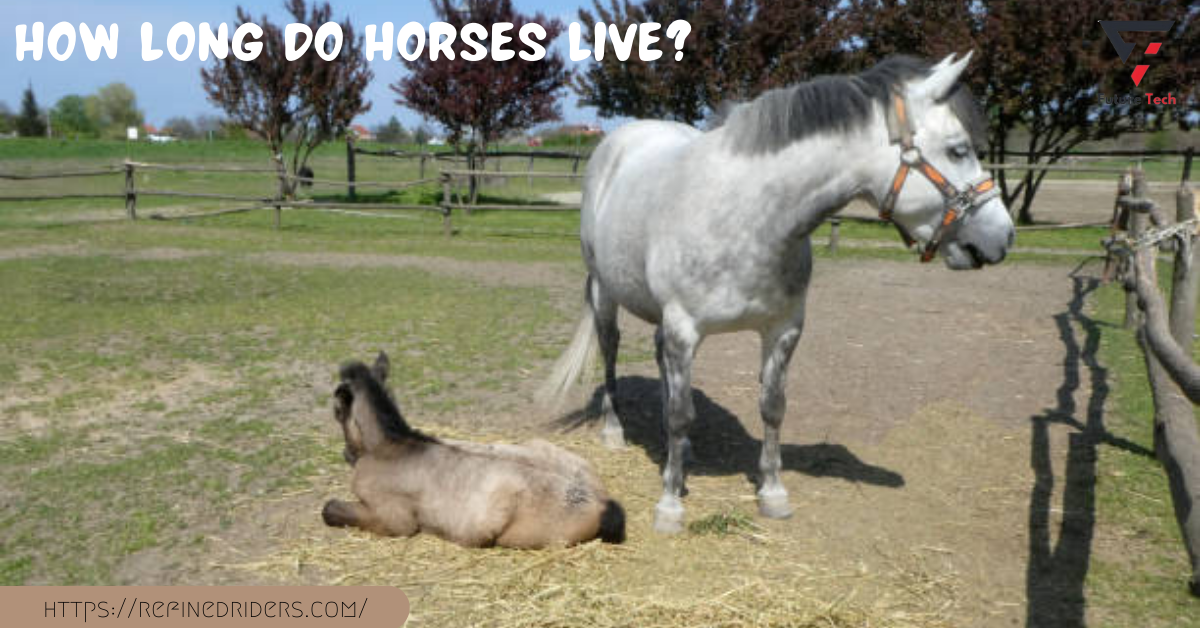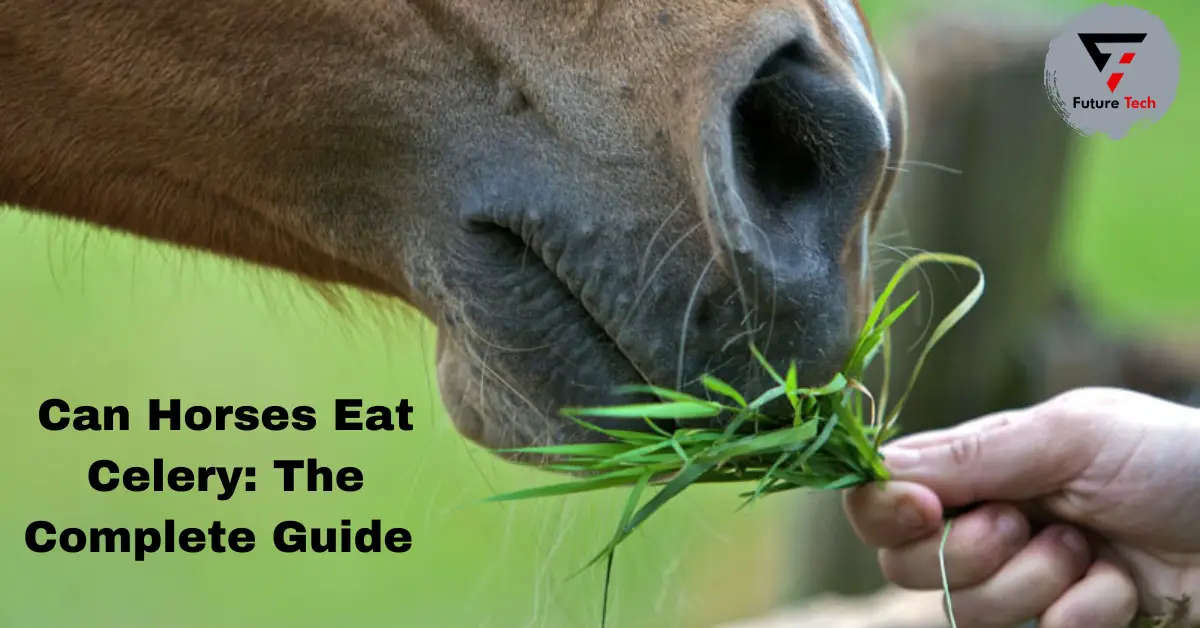Although several variables affect longevity, horses typically live for 25 to 30 years. Our horses and ponies are not only surviving longer. Still, they can also remain active and ridden well into their “senior years” because of advancements in diagnostic testing and therapies for several ailments that formerly required a career- or life-ending operation. Exceeding 143cm Mountain & Moorland Working Hunter Pony of the Year Blackwood at the 2021 Horse of the Year Show (HOYS) Fernando is one instance of this. When Fernando won the championship, he was 24 and jumped a clean round with a foot-perfect display. Tayberry, who participated in the evening at the ripe age of 20, was the oldest horse to compete in the 2020 Tokyo Olympics.
The following variables impact your horse’s lifespan:
- Size
- Genetics
- Breeding
- Take Care

What is the average age of a horse, depending on the breed?
When it comes to aging, horse breeds differ from one another. Smaller horse breeds, like Icelandic or Fjord horses, have a 30- to 35-year lifespan. They mature around 7-8 years later than ordinary horses. A giant horse’s life expectancy decreases somewhat and varies further by breed. Cold-blooded breeds often live to 18 years old, with some becoming mature as early as 3 or 4. On the other hand, depending on their “sporting career,” thoroughbred horses often reach an age of closer to 25.
Fifty-six years old for a pony and 62 for a horse were the oldest known equines. These incidents are still rare and do not represent a horse’s “classic” lifespan. Typically, we increase a horse’s year by 3.5 to get the equivalent of a horse’s age in “human age.” A 10-year-old horse, for instance, is the same age as a 35-year-old person. The term “old” refers to a horse that reaches the age of 20, albeit this much depends on how long the horse has lived.
Horse Lifespan
Horses often live 25 to 30 years. Spoken horses have, on the other hand, sometimes survived into their 50s or 60s. Numerous factors influence a horse’s life expectancy, such as:
Nourishment
The number of times they have produced
Diseases
Dental Health
Level of physical exercise
What are the signs of aging in horses?
Your horse may be getting older for some physical reasons. Osteoarthritis in different body sections, a drooping back, muscular wasting, clouding of the eyes, hollowing of the ears, grey hair and mane, slower chewing (tooth may shift or fall out), etc. Hormonal issues may also arise in addition to these physical issues. For instance, there may be disturbances to the pituitary gland, which involves several body activities. Treating laminitis, inability to shed, increased water intake, and increased urine is essential. Liver and kidney problems are also possible.
If you see any strange behavior in your elderly horse, don’t be afraid to contact your veterinarian. Horses are seldom at risk of getting tumors, in contrast to people. As people age, some sarcoids or melanomas may develop. Most often, melanomas occur in grey horses. Sarcoid lesions, small or huge warts, can develop anywhere on a horse’s body. Consult the veterinarian before deciding whether to remove them.
Are Horses Able to Live to 40?
Sure. Though 40 seems as much beyond extreme old age, horses may survive up to 40 with the proper care. A horse reaches the age of one hundred and thirty-six years old. Thus, if your horse stays until 36, don’t anticipate much; instead, congratulate yourself on being such a wonderful caretaker.
What is the cause of a horse’s death?
In actuality, just 0.6% of horses pass away from old age! This implies that illnesses or disorders associated with aging often result in their demise. Due to the growth of lipomas or fatty tumors in their digestive tracts, which cause the digestive system to twist, many horses pass away from colic. Heart arrest is another problem that affects horses, especially high-performance sports horses and former racehorses. 10–15% of horse deaths are attributable to infectious illnesses, especially in equestrian centers with a larger horse population.
Why Horse Life Is Increasing?
Because of recent advancements in equine health and treatment, horses live longer. Horses are more likely to enjoy long lives if they get better care from caregivers and vets. One of the main reasons horses live longer is because dental care keeps their teeth longer, which enables them to eat healthier food. Two primary causes of a horse’s feeding cessation as it ages are abscesses and persistent mouth discomfort. You may avoid tooth loss and abscesses by caring for their teeth. Does your horse have a problem keeping weight on? Horse vitamins from Rogue Pet Science may significantly raise your horse’s performance.
How to Give Your Horse a Long and Healthy Life?
You can do many things to help your horse live a longer life. Although these behaviors may significantly enhance your horse’s health, certain diseases and injuries are unavoidable.
1. Taking Care of Your Horse’s Teeth
According to Equus Magazine, a horse’s health deteriorates rapidly when its teeth are unhealthy. Your horse may find feeding difficult due to abscesses and persistent discomfort caused by bad teeth. These issues shorten the horse’s life expectancy and lower the calories and minerals they get each day.
Give your horse regular, little meals that are high in nutrients.
Since horses are natural grazers, giving them small quantities of food often is critical. Let your horse graze on alfalfa hay or grass with a long stem. Your horse’s lifespan will increase as a result of this. If your horse isn’t pregnant or nursing, you should stick to a rigorous, nutritious diet and refrain from giving it goodies like:
- Corn
- Oats
- Apples
- Carrots
The Rutgers Agriculture Department advises giving these snacks in moderation, with serving sizes of no more than one to two pounds. Feeding your horse at least three times a day would be ideal to mimic a grazing schedule. Additionally, slow feeders promote consuming little meals throughout the day.
2. Keep Your Horse’s Vaccinations Current
Some diseases that affect horses may shorten their lifetimes. Keeping up with your horse’s vaccines and scheduling routine veterinary appointments are the best ways to avoid illness. Vaccinations against several ailments may protect your horse from damage. The Merck Veterinarian Manual states that vaccinations for horses may prevent:
- Tetanus
- Herpesvirus
- Encephalitis
- Influenza
- Rabies
- Potomac Horse Fever
- Botulism
- Streptococcus Equi-Infection
- Rotavirus
- Equine Infectious Anemia
Vaccinations, however, cannot protect against every disease. Here are a few ailments that may cause your horse to die sooner:
- Colic
- Laminitis
- Thrush
- Abscesses
- Arthritis
3. Exercise Your Horse Regularly
Horses must remain active to have long lives, just as people do. Regular exercise is preferable to intense activity. The International Federation of Horsemen suggests:
- Five times a week for at least 20 to 30 minutes, lunging or long reining.
- For fitness building, try trail riding or hacking.
- To strengthen your muscles, work the hills.
- Interval training, including brief sprints at a fast canter and then strolling.
How to Take Care of an Older Horse
Horses now have significantly longer lives due to significant breakthroughs in veterinary treatment; it is not unusual for your horse to survive into its 30s. The length of time your horse lives will depend on how well you care for him, including better veterinary treatment.
When taking care of an elderly equine, Equisearch suggests:
- Give foodstuff that is easily accessible and high in nutrients.
Due to oral issues, your horse may need a longer time to eat. To keep it from having to compete, you should provide hay in convenient locations and consider feeding it apart from other horses. Should your equine have difficulty consuming food, you can consider transitioning to a specially designed senior feed or including a dietary supplement.
- Observe your horse’s fluid intake.
To do this, look into its mouth and ensure it is wet.
- Provide more excellent shelter.
More weather protection is necessary for older horses. This can include using a fan to cool the stable in the heat. Additionally, wrap your horse in cooler climates.
- Be cautious while receiving vaccinations.
Your horse’s immune system deteriorates with age, and vaccinations may cause unfavorable responses. You may isolate your horse from other horses to minimize infection and illness exposure if your equine has significant reactions to the vaccinations.
- Regularly deworm your horse.
Depending on your location, you should treat your horse for tapeworms every two years and give it a dewormer every sixty days.
- Regularly check the teeth of your horse.
If your horse has difficulty chewing, dental issues are probably the cause. Get them treated by a veterinarian.
Increase your horse’s longevity and quality of life by adhering to these senior horse care recommendations.
Taking Good Care of Your Horse Will Increase Its Lifespan
You may help your horse live a longer life by using these techniques. Attending to your horse’s social, physical, and health requirements is vital. Consider including a nutritional supplement in your horse’s diet to ensure it nourishes properly. Rogue Pet Science makes all-natural pet vitamins and supplements with only tested components to enhance your horse’s overall diet and intestinal health. To help your horse live a longer life, Rogue Pet Science provides a natural, highly digested, nutrient-dense Origins Equine 5 1 supplement. Do you want to enhance your horse’s digestion, joints, skin, and coat? This 5-in-1 meal topper from Rogue Pet Science will improve the digestive health of your equine.
Conclusion
Horses usually live between 25 and 30 years, depending on their size, genetics, breeding, and level of care. Breeds differ in how long they live; giant breeds may live up to 18 years, while lesser types can live 30 to 35 years. Spoken horses have a 50- or 60-year lifespan. Hormonal problems, osteoarthritis, and muscular atrophy are indications of aging. With the proper care, horses may live to be 40 years old, yet the percentage of elderly horses who pass away from diseases or problems is just 0.6%. Longer lifespans have resulted from improved equine health and care; horse vitamins and dental care are essential to good health maintenance.




